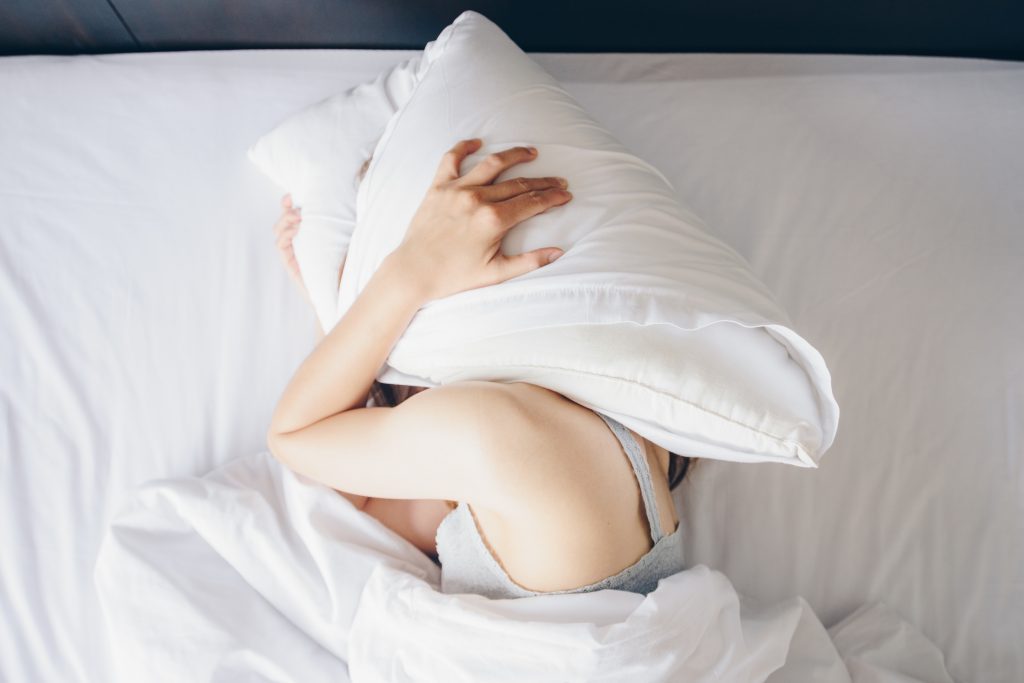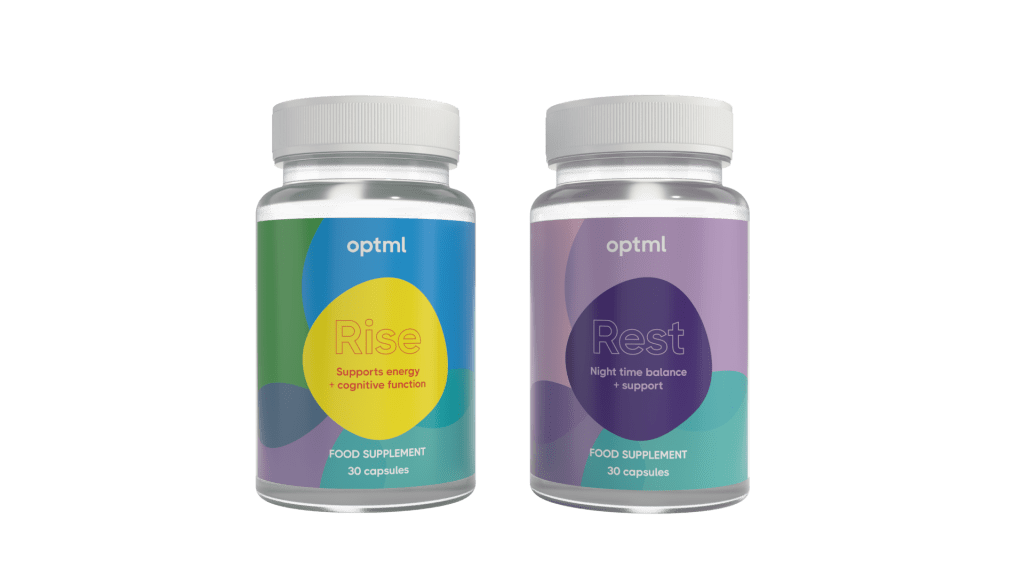
In an ideal world, you’d wake up feeling refreshed with the sun shining and the birds tweeting ready to start your day.
However, the reality is that many of us suffer from a poor quality of sleep, meaning even after we’ve woken up we still don’t feel rested and full of energy. Not only is it a struggle to tear yourself away from the comfort of your duvet, but your productivity levels will suffer too because you’re not firing on all cylinders.
If that sounds familiar, then you could be experiencing what’s known as sleep inertia.
Here is an overview of sleep inertia along with how Optml can help you to ward off the effects.
Sleep Inertia: An Overview

Sleep inertia is another term for morning grogginess, whereby you might feel sleepy or confused upon waking. The poor cognitive function associated with sleep inertia can last anywhere between 15 and 60 minutes, though severe sleep inertia can continue for several hours after waking up.
As well as having to fight the temptation to fall back to sleep, sleep inertia can pose dangers to the person’s safety, particularly if they drive or operate heavy machinery. Therefore, anyone experiencing sleep inertia needs to get on top of their symptoms without delay.
Symptoms Of Sleep Inertia
- The desire to fall back to sleep after waking up
- Reduced cognitive function
- Impaired attention span
- Impaired memory
- Impaired decision making
- Grogginess
What Causes Sleep Inertia?

There’s no definite cause of sleep inertia that experts can agree on, although a common thought is that it’s a protective mechanism to help you fall back to sleep after an abrupt awakening. Though as we know, the symptoms can occur even after spending the right amount of time (at least 8 hours) asleep.
Some of the other theories surrounding the cause of sleep inertia include:
Increased levels of delta waves in the brain – with delta waves being associated with deep sleep. In addition, having fewer beta waves which are associated with wakefulness.
Reduced blood flow to the brain – When we lie down and suddenly stand up, it can take gravity a few seconds to catch up with us, and this may contribute towards the feeling of dizziness or confusion, especially when waking.
Slower brain reactivation – There are many different parts of the brain that each have different functions. In particular, the prefrontal cortex which is responsible for executive function sometimes doesn’t react as quickly as is ideal.
High adenosine levels – Adenosine is a type of nucleic acid in the brain, and its purpose is to assist with both sleep and wakefulness. When you wake up, the levels of adenosine should fall, but if this is not the case then sleep inertia is more likely.
How To Fight Sleep Inertia

While you might assume falling back to sleep is the way to deal with sleep inertia, it’s actually not recommended by experts. Instead, the key is to look at your sleep as a whole, including your wellbeing and general health.
If you are suffering from sleep inertia at present, then caffeine or a short nap later in the day (rather than falling back to sleep) are recommended to overcome the effects. Though, try not to become reliant on having a nap in the middle of the day, as this may disrupt your sleep at night.
Now is also a good time to address your sleeping environment too. Uncomfortable mattresses or pillows aren’t the best way to get comfortable at night, and excess noise or light stimulants may affect your sleep schedule too.
Also look at your sleep hygiene, since irregular bedtimes or too much screen exposure before bed can disrupt your brain activity, leading you to feel more awake at night and sleepy during the day. Taking a warm bath before bed or dropping some lavender oil on your pillow are both excellent tips to try.
Psssstt!: Did you know that lavender flower is a key ingredient in our Rest formula?
Optml – The Supplement For Better Sleep And Energy

Suffering from sleep inertia can make completing everyday tasks feel impossible. While we’d certainly suggest addressing the above points and consulting your GP if your symptoms persist, ultimately the more angles you approach the more likely you are to take back control.
This also includes monitoring your health from the inside out, and aside from eating a healthy diet, there is no easier way to keep your vitamins and nutrients topped up than with supplementation.
Optml is a two step supplement that is geared towards helping you achieve a better quality of sleep, along with feeling more energised during the day. So if you want to put sleep inertia to bed (pun intended!) then Optml could be just the ticket.
Try Optml today and experience the benefits on your sleep and daily energy levels for yourself. Order from our website to receive a discount on your first month’s supply, plus free shipping!